Overview – Types of CNC Machines
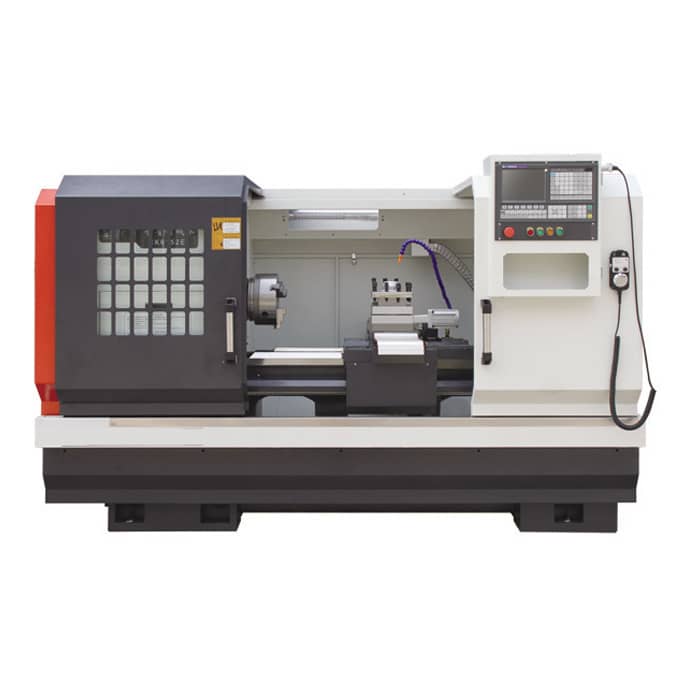
CNC Machines are intended to produce a wide range of products. As a result, there are various distinct types of CNC machines that are regularly utilized. Each sort of CNC machine serves a distinct purpose. G-code, the language that CNC machines comprehend, is used by all of the machines listed below. The different types of CNC Machines are CNC Milling Machine
- CNC Lathe Machine
- CNC Router Machine
- CNC Plasma Cutter
- CNC Electric Discharge Machine
- CNC Laser Cutter
- CNC Water Jet Cutter
CNC Milling Machine
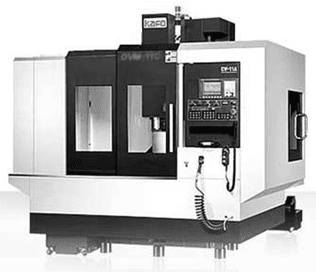
A CNC Mill is one of the most prevalent types of CNC machines, and it uses computer controls to cut various materials. Mills can convert certain programs of numbers and letters to move the spindle in a variety of ways.
Many Milling Machines employ G-code, which, as previously stated, is a standardized programming language accepted by the majority of CNC machines. A CNC mill can perform a variety of tasks, including face milling, shoulder milling, tapping, drilling, and turning. The vast majority of CNC milling machines feature three to six axis.
A CNC mill is a huge instrument that may be rather expensive when compared to other equipment. Okuma, HAAS, and DMG Mori are among CNC milling machine manufacturers.
CNC Lathe Machine
A CNC Lathe is another type of automatic machine tool typically cuts work pieces while they are rotating. Normal Lathe Machine is capable of producing different types of components with different types of tools and procedures. They are capable of making accurate cuts fast by employing a variety of tools.
When compared to manual lathes, CNC machines are highly effective in terms of precision. They frequently have fewer axes than CNC milling machines, making them smaller and more compact.
CNC lathes have controls comparable to CNC mills and can read G-code as well as other proprietary programming languages. Some of the most well-known CNC lathe machine manufacturers are HAAS, Mori Seiki, and Okuma. CNC lathes are built in a similar manner as manual lathes.
CNC Router Machine
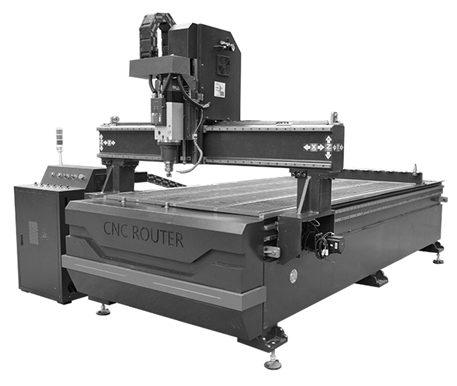
A CNC Router Machine is one of the types of CNC Machines which is quite similar to the typical handheld router that is used to trim different materials. This sort of CNC machine may help with steel, wood, aluminum, composites, plastic, and foam cutting.
A CNC Router is equivalent to a CNC Mill. It involves the ability to use computer numerical control to create tool paths that allow the machine to function. CNC routers reduce waste and increase output by producing a wide range of items in a fraction of the time that conventional machines do.
Most routers can work on a single material in all three dimensions, making them ideal for smaller tasks, prototype models, and sophisticated designs. Also there are three axis, four axis, five axis, and six axis routers being used in manufacturing industries.
CNC Plasma Cutter
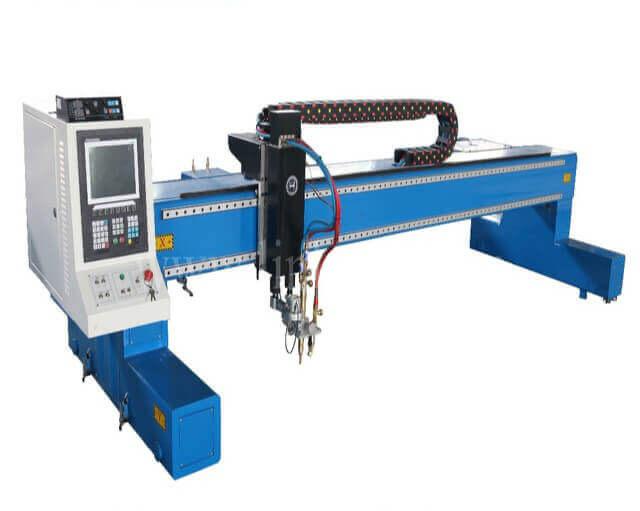
CNC Plasma Cutting is the process of cutting a material with a plasma torch. This technique is most typically used to cut heavy materials like steel and other metals. Gas is blasted at a rapid rate from a nozzle in a CNC plasma cutter. During this process, an electrical arc emerges between the gas flowing out of the nozzle and the surface being cut.
Some of the gas is converted into plasma, with plasma temperatures ranging from 10,000 to 50,000 degrees. The plasma is hot enough to melt whatever material is being cut, and it blasts any molten metal away from the cut location.
CNC plasma cutters are nearly identical to CNC routers in terms of shape and size. These devices can only handle two-dimensional forms.
CNC Electric Discharge Machine
Electric Discharge Machining, simply known as EDM, involves the use of electrical discharges or sparks, to create a specified form within a material.
Electric Discharge Machining (EDM) also plays a vital role in the medical industry by enabling the production of precise and complex components for medical devices and surgical tools. It is ideal for machining hard materials like titanium and stainless steel used in implants and instruments. EDM creates intricate shapes and fine details without mechanical stress, ensuring biocompatibility and accuracy for implants, dental tools, and micro-surgical instruments.
A sequence of periodic electrical discharges between two electrodes removes material from a specific work piece in this procedure. Such electrodes are surrounded by a dielectric fluid, which is frequently charged with electricity. The material is put between two electrodes in this machine, and the system determines how much electrical discharge each electrode needs to create.
CNC Laser Cutter
Laser cutting is the technique used for vaporizing, melting, or gently removing material using a Laser Beam. CNC Laser Cutting frequently employs optics, an assist gas, and a guidance system to direct and concentrate the Laser beam onto the workpiece. Among the several advantages of CNC laser cutting machine include better speed, less waste and can be applied for a wide range of materials.
Despite the fact that laser cutting has been utilized in industry since the early 1970s, CNC Laser Cutting has just lately become the production tool of choice in maker spaces, schools, and with hobbyists.
CNC laser cutters are similar to CNC plasma cutters; the main difference is that lasers are generally used for cutting and are excellent for cutting metals, plastic, and oak. The intensity of the laser may be changed depending on the density and strength of the material.
CNC Water Jet Cutter
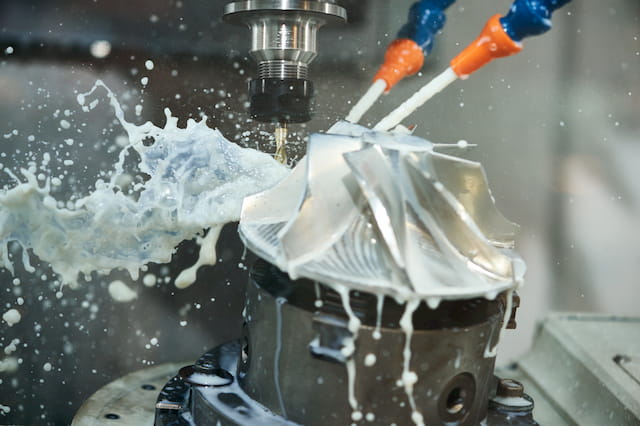
Water Jets Cutter is a type of machine tool, which is an automated one. If it is controlled by any computer, then they can be called as CNC Water Jet Cutter. It is used to cut hard materials like granite, mild steel and aluminum with high-pressure water jets. In certain cases, the water is mixed with sand or another abrasive substance. This method is frequently used by businesses to shape industrial machine components.
Water jets are used as a cooler option for materials that cannot withstand the heat-intensive procedures of conventional CNC machines. Water jets are used in a variety of industries, including aerospace and mining, because of their cooling nature. Water jet cutters are also employed in situations requiring very sensitive material cuts since the lack of heat prevents any change in the material’s essential properties caused by metal on metal cutting.